


Our team sorts through all blog submissions to place them in the categories they fit the most - meaning it's never been simpler to gain advice and new knowledge for topics most important for you. This is why we have created this straight-forward guide to help you navigate our system.


And there you have it! Now your collection of blogs are catered to your chosen topics and are ready for you to explore. Plus, if you frequently return to the same categories you can bookmark your current URL and we will save your choices on return. Happy Reading!
Nadine loves teaching and English is her favourite subject to teach. Here, she continues her writing series as she looks at editing. This blog will be in 2 parts.
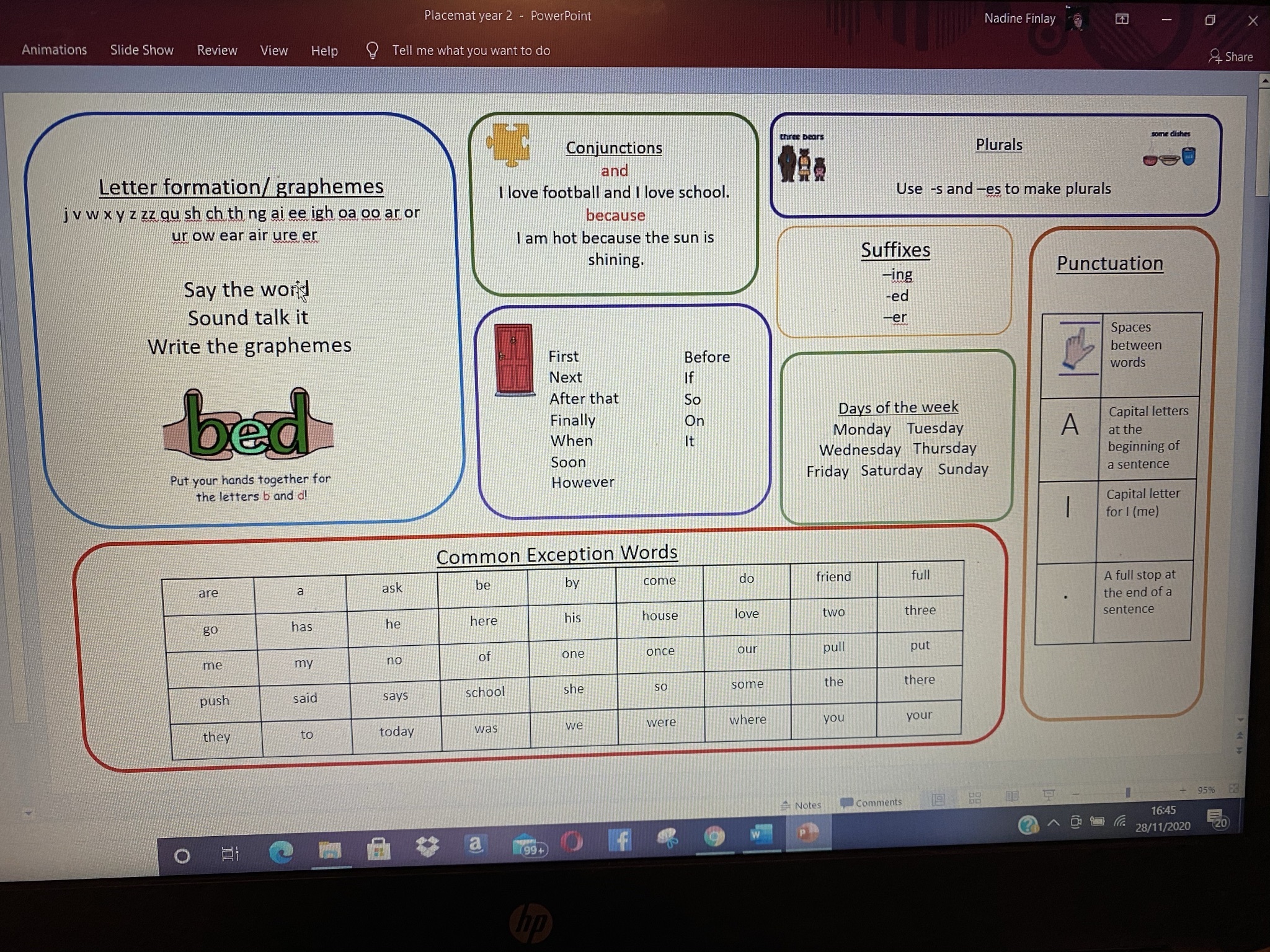
Teaching was always a dream of mine as a youngster. To become a teacher and share those magical lightbulb moments with young minds was something I couldn’t wait to do and now, all these years later I’ve bore witness to so many of those precious moments. There are fantastic subjects to teach but I have to admit that I love teaching English most of all. It is by far one of the best parts of my day.
I’ve blogged previously about how in my class, Key Stage and school, we have a rich text focus, how we begin with a captivating hook, how the Tier 2 and Tier 3 vocabulary filters into each English lesson and how the working walls develop throughout the block but I feel that the end of the writing block is just as important as the start.
Marking
Once a fortnight I deep mark their extended written work. I intentionally aim to praise the grammar that the children have used correctly while also managing my own workload so rather than writing everything out in full sentences, I use 2 ticks before giving examples of the child’s writing which are taken from their work. Through pupil voice I’ve ascertained the children they really like this as I notice their efforts rather than just put a tick of acknowledgment.
Yellow words
Throughout each writing block we build up to an extended write which is deep marked and it’s here where I feel things get really exciting. From years of having to search books in order to prove a child can spell the Common Exception Words during local authority moderations, I now make a point of identifying these words throughout the year, in every exercise book via the wonder of ‘Yellow words’. The CEW are highlighted in yellow highlighter pen every time they are used and as a consequence whenever a child’s book is flicked through, the yellow jumps off the page. For the purpose of moderation with other schools or when the local authority visits, there is a lot less rummaging to prove the child can spell ‘steak’ and the other CEW.
To raise the profile of these ‘yellow words’ each week the children and I filter through a pack of them and identify 10-15 that we’ll focus on for the week. They are incorporated into our daily Phonic lessons, sent home in Reading Records for families to practice at home and if they’re spelt correctly during independent writing, not only are they highlighted yellow but they earn Team Points for each one. The children love this! They are not only trying to get more yellow pen then they had in their last written piece but also earn Team Points.
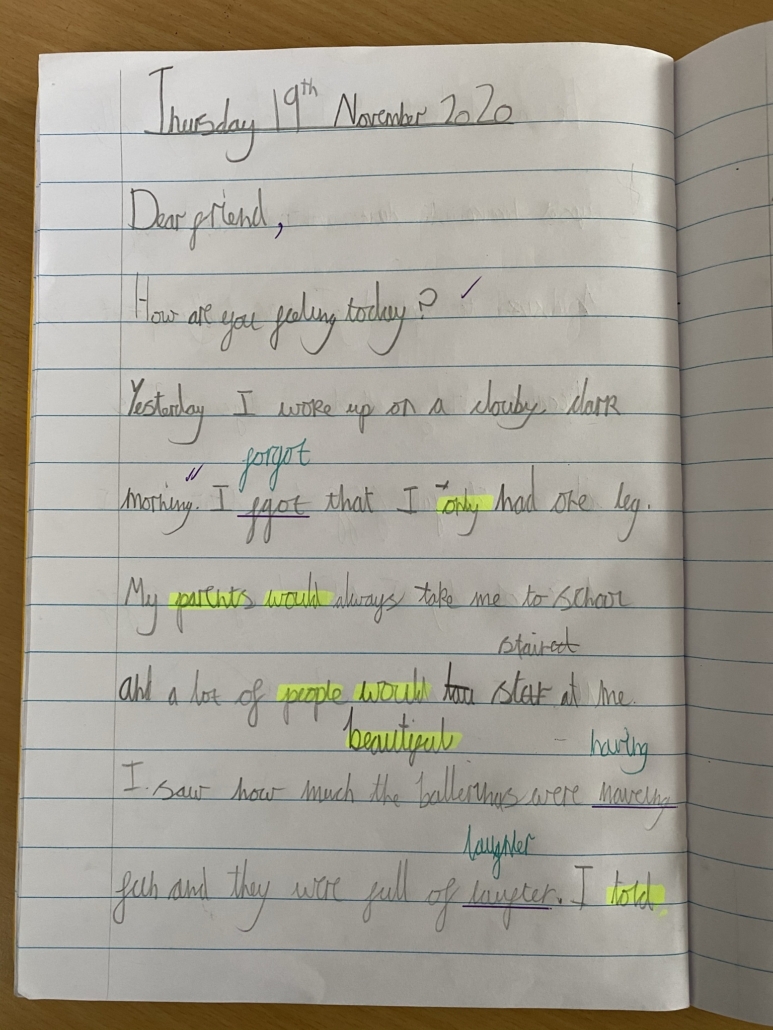
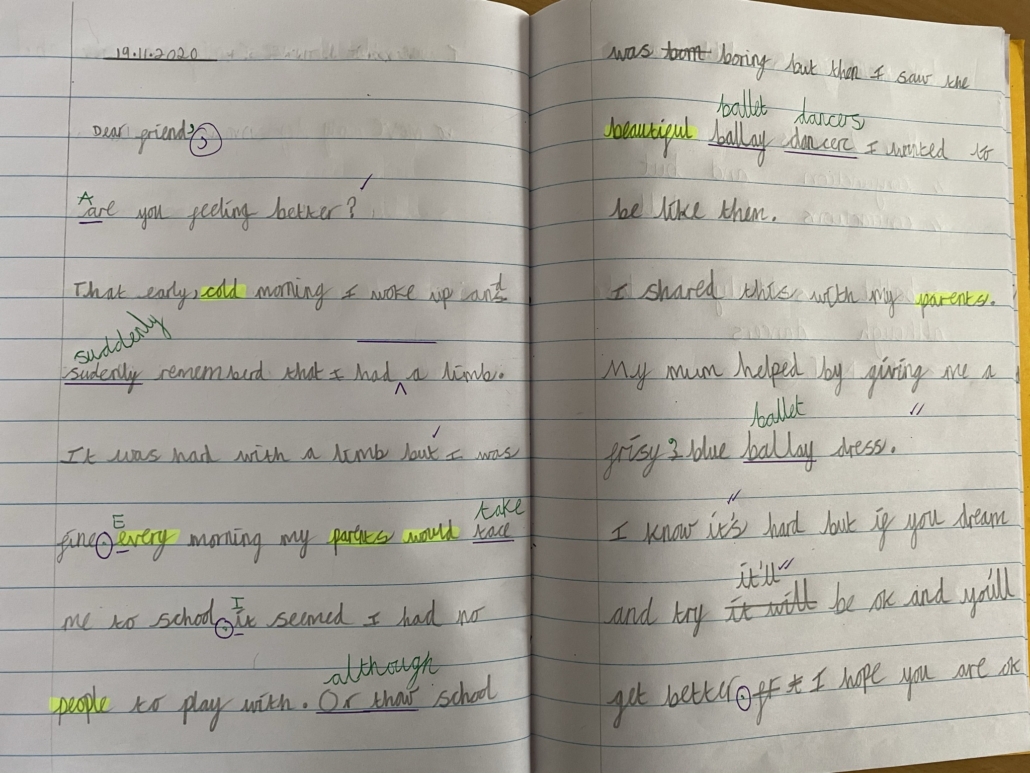
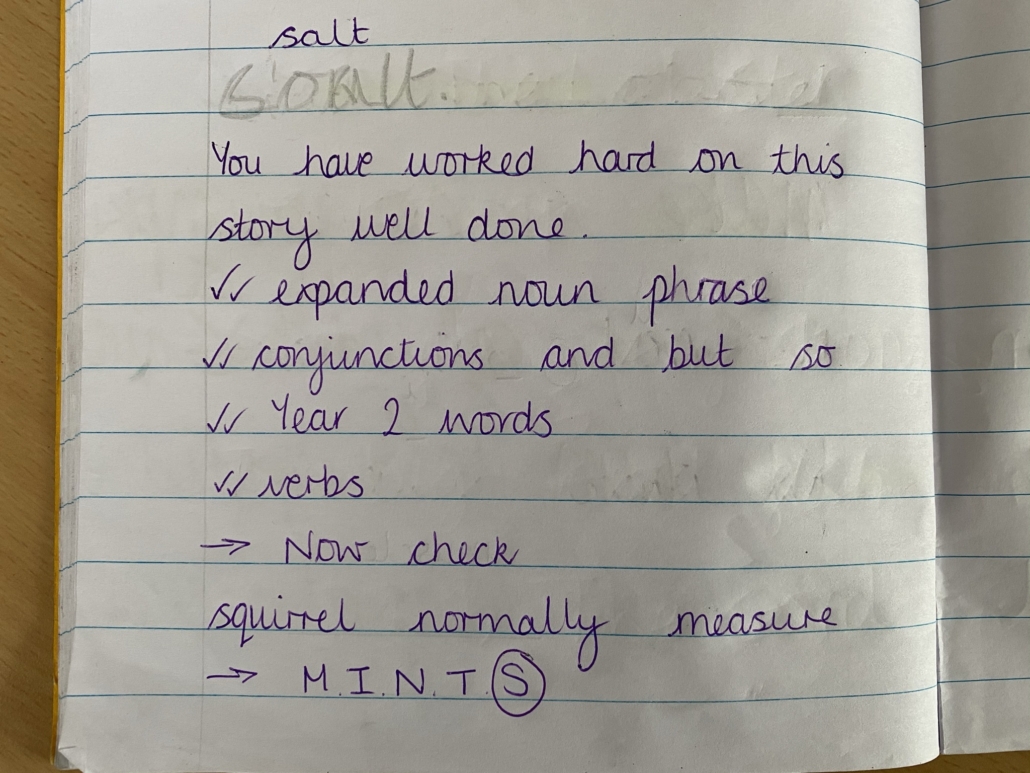

The author

Read more

Read more

Read more

Read more

Read more

Read more

Read more
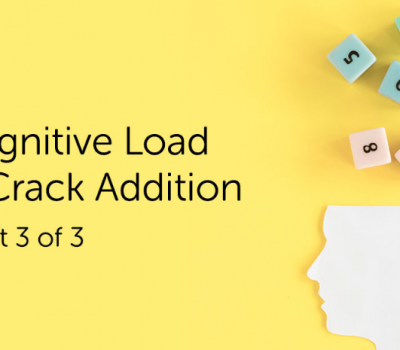
Read more


Are you looking for solutions? Let us help fund them! Nexus Education is a community of over 11,000 schools that come together to share best practise, ideas and CPD via online channels and free to attend events. Nexus also offers funding to all school groups in the UK via nexus-education.com


Established in 2011, One Education is a company at the heart of the education world, supporting over 600 schools and academies. Our unique appeal as a provider is in the breadth and synergy of the services we offer, supporting school leaders, teachers and support staff to achieve the best possible outcomes for their pupils and staff.

School Space is a social enterprise that has empowered schools for over 12 years through their profitable and hassle-free lettings services. So far, they’ve generated over £5 million in revenue for education, helping to connect over 200 schools with their local communities.


Unify is an online sales and marketing tool that allows users to create tailored personalised documents in moments.


There’s nothing special about the energy we sell. In fact, it’s exactly the same energy as all our competitors provide. But there is something special about the way we do it. Where others complicate the process, we simplify it. Where others confuse customers with hidden terms, we’re an open book. And where others do all they can to make as much money from their customers as possible, we do all we can to make as little. Everything we do, we do it differently. Our customers are a privilege. One we’ll never take advantage of.


Securus provide market-leading monitoring solutions to safeguard students on ALL devices both online and offline. We also offer a full monitoring service, where we carry out the monitoring on behalf of the school, freeing up valuable staff resources. From the smallest school to large MAT groups, Securus offers safeguarding protection for all!


Bodet Time offers dedicated solutions to education through lockdown alerts, class change systems, PA and synchronised clock systems. Improving time efficiency of the working and school day; ensuring safety through lockdown alerts; increasing communication with customised broadcast alerts.


Robotical makes Marty the Robot - a walking, dancing coding robot that makes programming fun and engaging for learners as young as 5. Our robots come with a full Learning Platform that has complete teaching resources, to make lesson planning a breeze.
One Reply to “The Importance of Editing in English- Part 1”